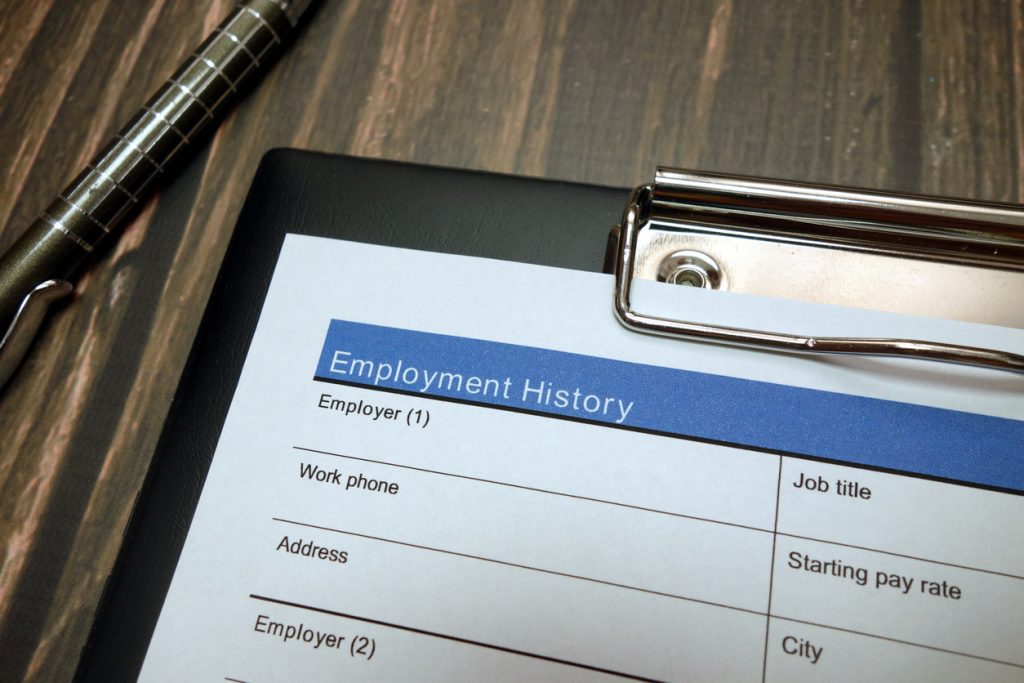Three things lower recidivism. Stable employment, safe and affordable housing, and civic participation (voting). These barriers prevent returning citizens from foundation to build a new life. Many returning citizens fear one question, “Have you ever been convicted of a felony?” One question can create a severe challenge for a returning citizen whose life and freedom depend on a job (probation, fees, roof, clothing, food, children, etc.). To understand the challenge, we must understand the history of the question. I remember when the question was, “Have you been convicted of a felony within the last three years?” Then it moved to five years, seven years, and now it’s EVER, depending on the prospective employer. People that have paid their debt and are looking to become productive citizens are disqualified because of their history.
How to respond when an employer asks about your history
There is always the temptation to say, “No, I haven’t been convicted of a felony,” but that isn’t the answer. I suggest answering the question truthfully. The narrative is that people with prior convictions aren’t trustworthy and don’t deserve a second chance. Suppose a background check determines you “lied” on the application/interview. In that case, you’ll be immediately dismissed. It may make it more difficult for the next person that applies to the company. Also, would you want to work at a company that would dismiss you over an offense, even after you paid your debt? When discussing your history, I offer the following.
- Maintain your composure and watch your body language.
- Answer the question and give the necessary details. I recommend sticking to the facts, avoiding drama, etc.
- Show that you’ve taken responsibility for your actions and paid your debt.
- Highlight lessons learned from your experience.
I know it’s tough but be encouraged. Cities and states across the country have been adopting Ban the Box Policies. Studies show that answering “yes” has prevented a significant number of “returning citizens” from getting a job. With Ban the Box, the “question” is removed from the initial application. An applicant with a criminal record is allowed to make it to the interview stage. If they have the right skills for the job, the chance for employment increases. The policy may vary from State to State. Generally, once an employer decides that you are a strong candidate for employment, they can ask about your criminal history. At this moment, you must answer the question. During the interview, you have an opportunity to give context to your offense. Then detail what you’ve done to right your wrongs and move forward.

What are some options to help me get a job?
Companies are beginning to see the value of Second Chance Hiring. There are things you can do to increase your chances of employment post-conviction:
- Pick up extra skills. Organizations across the country are training returning citizens in coding, trades, and entrepreneurship. Look up programs in your area.
- Identify employment agencies that specialize in finding employment for returning citizens. These agencies will have relationships with employers that understand your unique position.
- Identify employers that believe in second-chance hiring. Chase Bank is a great example.
- Find a support group. In the right atmosphere, you can meet people who will guide you in getting a job and building a career.






